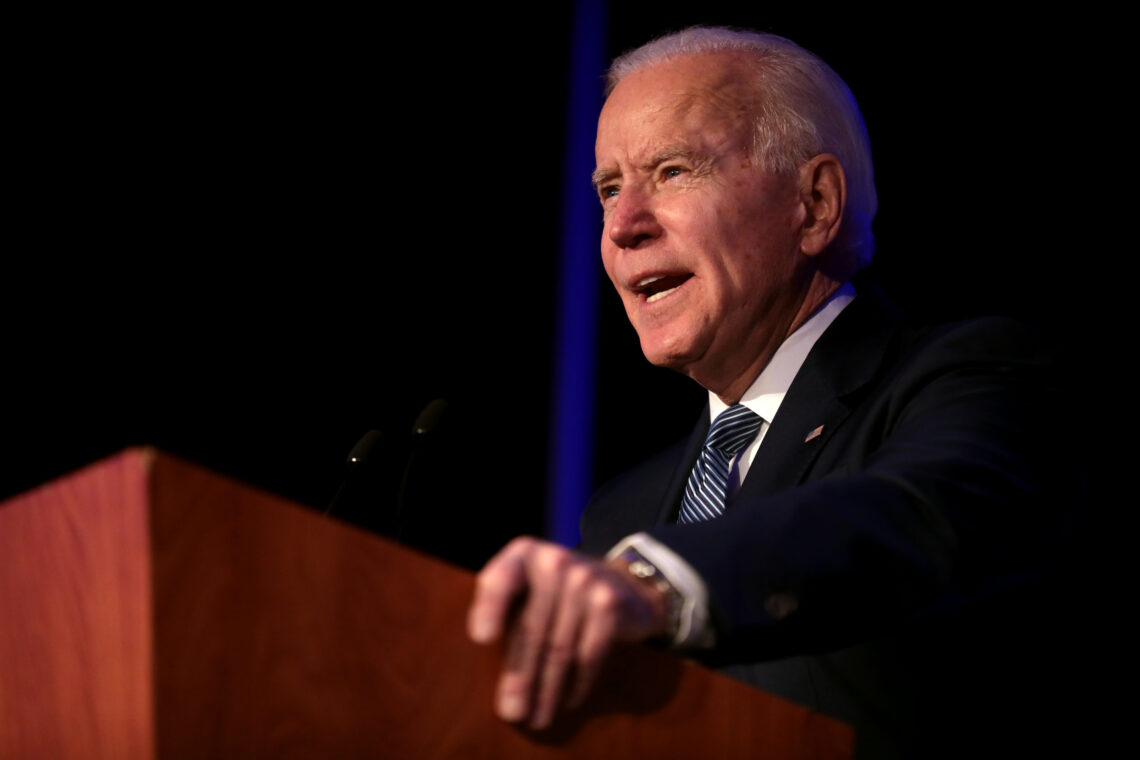Millions of Americans were uninsured before the COVID-19 pandemic began nearly one year ago, and now as many as three million people have lost their employer-based health care as a result of the pandemic. In the second week of his presidency, on Jan. 28, President Biden signed an executive order aimed at increasing access to health care coverage.
During the brief signing ceremony in the Oval Office, Biden said of the order, “There’s nothing new that we’re doing here, other than restoring the Affordable Care Act and restoring Medicaid to the way it was before.”
The immediate result of this executive order is the reopening of the Affordable Care Act health insurance marketplaces. The Department of Health and Human Services is opening HealthCare.gov for a “Special Enrollment Period,” taking place from Feb. 15 to May 15 so that eligible uninsured Americans may have the opportunity to gain coverage.
Since the passing of the ACA, Florida has consistently had high numbers of applicants for insurance, and those numbers have increased since the pandemic began. 525,509 Floridians signed up for health care for their first time during last year’s six-week enrollment period, ending in 1.9 million Floridians, which is nearly 9% of the state’s population, signing up for coverage under the ACA.
There are still about 2.7 million people who remain uninsured, despite Florida receiving the highest number coverage of any state under the ACA (the closest, Texas, falls short by about 800,000). With the new special enrollment period in place, the number of Floridians covered is expected to increase further, considering only an estimated 47% of the eligible residents were reached.
The executive order also takes a number of other actions concerning the ACA. Chiefly among them are the reviewing of policies or practices that may undermine protection for those with preexisting conditions (especially COVID-19 related complications), present additional barriers to obtaining coverage, or make it more difficult to enroll in Medicaid and the ACA.
Many of the actions taken were steps to reverse the actions of Biden’s predecessor regarding health care.
For example, prior orders had allowed the purchasing of cheap, short-term insurance policies, many of which take advantage of preexisting conditions through higher premiums or outright denial of coverage.
In reviewing any barriers to gaining coverage under the ACA, state work requirements will also be subject to scrutiny under the executive order, along with other potential requirements or preconditions.
Previous orders had shortened the sign-up window for ACA marketplaces by one and a half months in 2018 and onward as well as downsized media and outreach campaigns meant to increase enrollment. A decrease in total coverage under the ACA was seen under the last administration.
Along with the special enrollment period, it can be expected that the sign-up window will at least return to the length it was during the Obama administration. Increased media and outreach can also be expected to gain as much coverage as passible during the pandemic.
This executive order is the first step in Biden’s plan to expand the ACA, one of the policy promises he made as he campaigned for president.
With Florida consistently being the most involved in ACA insurance marketplaces, any and every action made during the Biden administration will have significant effects on the state’s health care insurance coverage.
Joe Biden speaking at the Clark County Democratic Party’s 2020 Kick Off to Caucus Gala. Unmodified photo by Gage Skidmore used under a Creative Commons license. (https://bit.ly/3jq6S8a)
Check out other recent articles from the Florida Political Review here.





